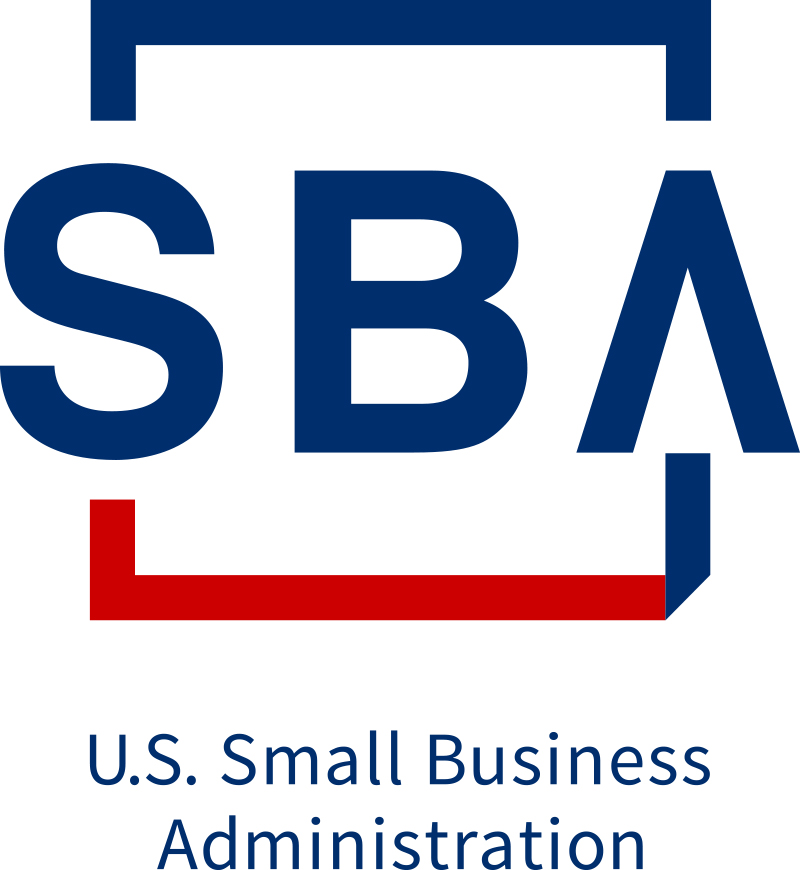TL;DR: The Small Business Administration (SBA) is undergoing a major reorganization, reducing its workforce by 43% to return to pre-pandemic levels. Key changes include shifting resources to support business growth, enhancing fraud prevention, expanding disaster response capabilities, and decentralizing services to better support small businesses. Some offices, such as the Office of Veterans Business Development and the Office of Manufacturing and Trade, will maintain their staffing levels. We will continue to monitor and share updates on how these changes may impact small businesses.
In response to President Trump’s Executive Order on government efficiency, the Small Business Administration (SBA) has announced a major reorganization that will reduce its workforce by 43%. The restructuring will bring the SBA from its current 6,500 employees back to 2,700—its pre-pandemic staffing level. This reduction will be achieved through voluntary resignations, the expiration of pandemic-related positions, and other structural adjustments.
According to the SBA’s announcement, the reorganization will focus on:
- Promoting Business Growth – Resources will be reallocated to expand capital formation functions, reducing emphasis on past partisan initiatives.
- Strengthening Risk Management and Fraud Prevention – These efforts will be centralized within the Office of the Chief Financial Officer to ensure program integrity and financial accountability.
- Enhancing Disaster Response Support – Disaster loan servicing will be transferred to the Office of Disaster Recovery and Resilience, with field office personnel receiving cross-training for disaster recovery assistance.
- Eliminating Redundant Pandemic-Era Positions – Roles tied exclusively to processing pandemic-related loans within the Office of Capital Access will be phased out.
- Decentralizing Services – The SBA aims to have 30% of its workforce located in field offices to better support small businesses across the country.
- Supporting Veteran Businesses and American Manufacturing – The Office of Veterans Business Development and the Office of Manufacturing and Trade will retain their existing staffing levels.
- Preserving Key Oversight Offices – The Office of Advocacy and the Office of the Inspector General will be exempt from reductions to maintain accountability and oversight.
What This Means for Small Businesses
While these changes are aimed at improving efficiency and streamlining operations, they may also impact the way small businesses interact with the SBA. The increased focus on capital formation and fraud prevention could lead to changes in funding opportunities and compliance requirements. Additionally, the shift toward decentralized services may bring more direct SBA support to local communities.
The La Grange Business Association (LGBA) will continue to monitor these developments and provide updates on any potential impacts for our members. If you have questions or concerns about how these changes may affect your business, please reach out to us.
Stay tuned for further updates as more details become available.

